Many of us are making plans to travel this summer at a time when the tourism industry is exploding from so much demand caused by the pandemic. Besides the increased costs, and the huge crowds, there is also the growing concern over safety. When I mention to folks about my plans to move to Mexico for 6 months, I am often asked “isn’t it too dangerous to go to Mexico?”. The assumption being that the entire country is not safe. Let’s be clear, crime is everywhere, much like in the US. It’s important to be guarded at all times and to take as many precautions as possible. Increased tourism generates more opportunities for crimes to happen. As I prepare to travel, I have been researching what I can do to protect myself. Here is what I’ve learned …..
What Exactly Does The Data Say
All countries are experiencing an increase in crimes against tourists from Barcelona to Paris to Mexico. In fact, in 2019 Barcelona saw a 31% increase in crime, a good number of them targeting tourists.
Countries are concerned about their reputations and are not exactly looking the other way. The problem is much bigger to handle with limited resources. Tourism attracts scammers, pickpockets, thieves and, in some cases, kidnappers. Not knowing the language and the customs of a country can only exasperate a crime scene with you in it. More than ever, young people, especially females, are traveling solo, which can become victims of human traffickers. The more reason to be on the alert and plan ahead.
Best Advice On What To Do
Some of these are common sense, but there are some that we cannot afford to be lazy or ignore.
1. Try not to look like a tourist, especially a wealthy one. Leave your designer clothes and jewelry home.
2. Only carry the cash, cards, personal information and documentation with you that you deem absolutely necessary at anyone time.
3. Make copies of your passport, credit cards and driver’s license as backup, also an extra set of passport photos in case your passport is stolen or lost. Check with the hotel on whether you need to carry your passport at all times. Also, leave copies of your itinerary, passport, and visas with family or friends, in case of an emergency.
4. Secure your belongings tightly to your body to avoid being pickpocketed or having your bag or camera snatched.
5. Amazon has many personal safety devices and travel essentials that can add to your security. They are small enough to include in your carryon or bag, offering some added protection. You may actually sleep better knowing that a piercing alarm will go off if someone tries to enter your room.
6. Try to use the same precautions that you take at home every day and night. Don’t let your guard down just because you are finally in paradise.
7. Don’t share too much information about yourself with others you have just met. Remember, not all tourists are good people; some are also crooks and perverts.
8. Check the local number for emergency services and have emergency contacts pre-programmed into your phone, including the number to the US embassy and the local hospital and your travel insurance contact information.
9. Be aware of scammers that will use some form of distraction to steal your luggage, bag, or wallet. Keep your stuff close to you or on your lap.
10. If you are solo traveler like myself, creating a check in system using Facebook or Messenger with family or friends as a way for them to know your location and that you are OK.
11. Learn about the country you will visit, their laws and customs. There is so much information on the internet from travel bloggers and travel advisories to learn.
12. If you plan to use your devices, make sure you avoid being scammed. There are tools such as Norton and Dashlane to monitor your personal information on the dark web. There are also antivirus and web protections software for your laptop, e.g. VPN. Use two factor authenticators on all online accounts. Also, use a password manager such as Last Pass to protect and remember your passwords.
The following links from the US State Department are worth a visit in helping you plan your trip and prepare you to respond to all potential security and safety issues.
1. United States State Department Travel Advisories
2. United States State Department Travel Checklist
3. Centers for Disease Control Travel Website
4. United States Department International Travel Emergencies








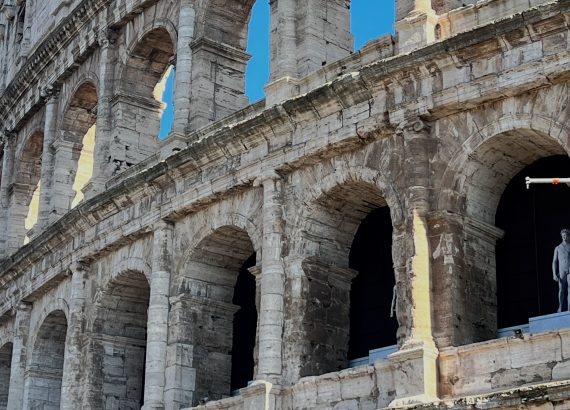
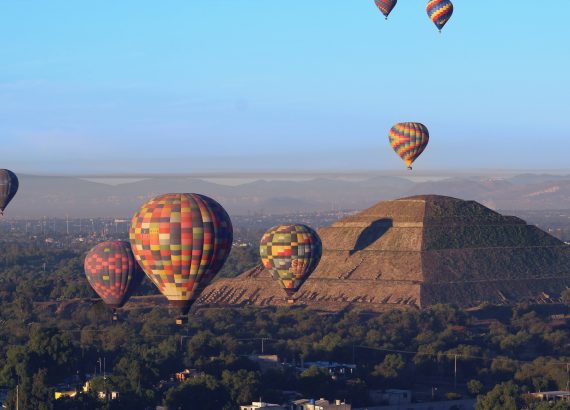
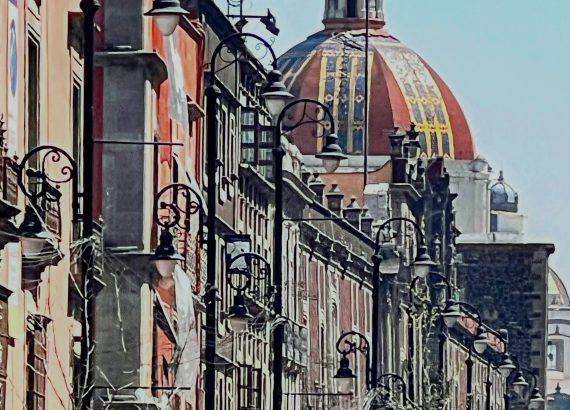

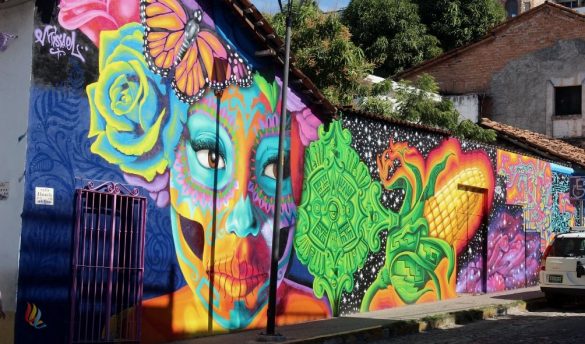
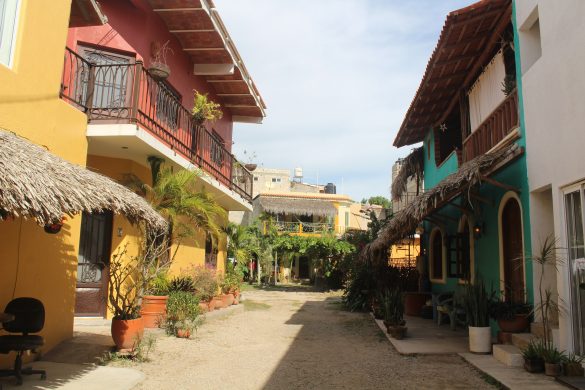
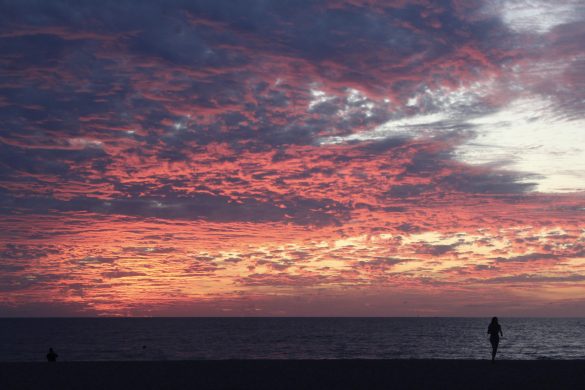
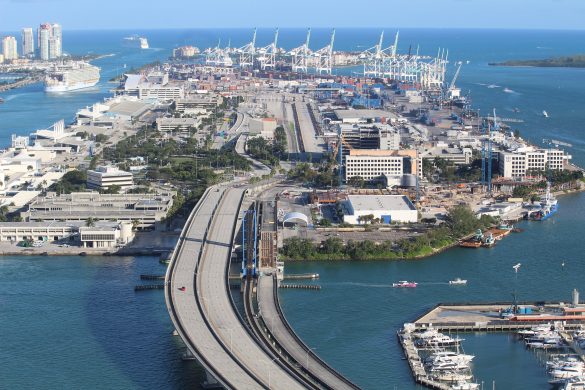
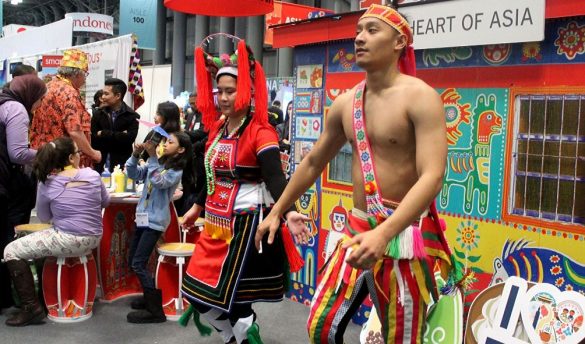

Jesús Mercado
Thanks for the great advice in traveling safely. I wish you safe travels and will miss you at our board meetings. I will live vicariously through your newsletter and pick up pearls from your experiences for when I have the opportunity to live in Limited Limitless Living!
LimitedLimitless
Thanks Jesus. May you travel wondrously as well
LimitedLimitless
Thanks 🙏🏽 Jesus. Hope all is well